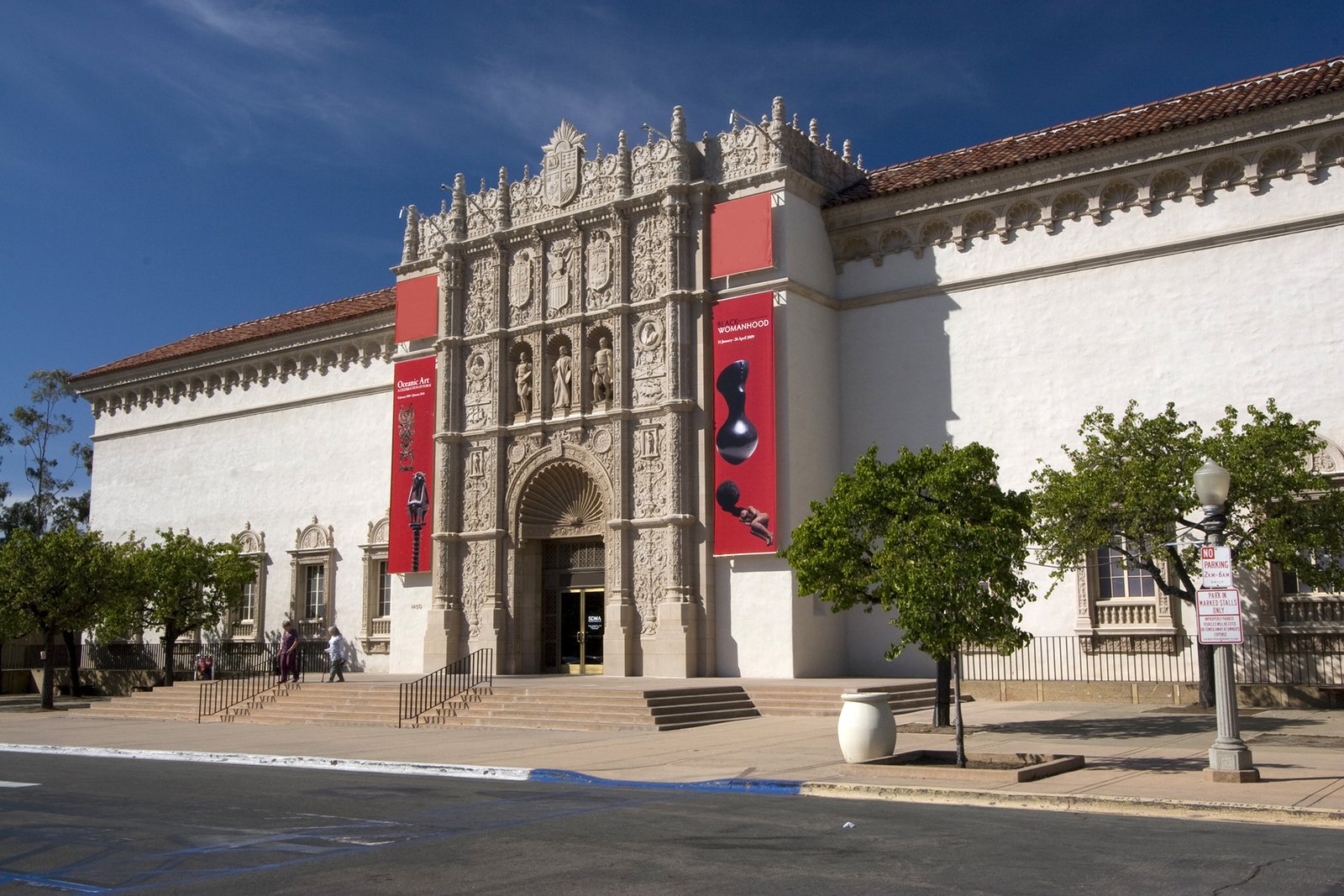Nestled in the heart of North Carolina, Charlotte boasts a rich tapestry of history and culture that dates back centuries. Originally founded in 1768 and named after Queen Charlotte of Mecklenburg-Strelitz, the city has evolved from a small trading post into a thriving metropolis.
Charlotte’s history is deeply intertwined with the American Revolutionary War, serving as a pivotal hub for gold mining and the first U.S. Branch Mint. Today, remnants of its colonial past can be explored in places like the Charlotte Museum of History and the Hezekiah Alexander Homesite.
But Charlotte isn’t just about its past; it’s a vibrant cultural center too. From its buzzing arts scene highlighted by institutions like the Mint Museum and Bechtler Museum of Modern Art to its diverse culinary landscape offering everything from southern comfort food to international cuisine, Charlotte embraces its multicultural roots.
Whether strolling through historic neighborhoods like Fourth Ward or experiencing the excitement of NASCAR at the Charlotte Motor Speedway, visitors and locals alike are immersed in a city where history and culture intersect at every turn.
Religious Diversity in Charlotte: A Tapestry of Beliefs
Charlotte, North Carolina, boasts a rich tapestry of religious diversity, reflective of its vibrant community. With Christianity as the predominant faith, various denominations including Baptist, Methodist, and Catholic thrive within the city. However, Charlotte also embraces a mosaic of other religions. Islam finds expression in mosques scattered throughout the city, while Hinduism and Buddhism have their temples and centers, fostering spiritual growth and cultural exchange. Jewish synagogues contribute to the religious landscape, representing a significant presence of the Jewish community. Additionally, Charlotte celebrates its diversity with Sikh gurdwaras and interfaith organizations that promote dialogue and understanding among different faiths. This inclusive environment not only enriches the cultural fabric of Charlotte but also fosters a sense of unity among its residents, regardless of their religious affiliations.
The Economic Evolution of Charlotte: From Trading Post to Financial Hub
Charlotte’s economic journey is a testament to its resilience and adaptability. Founded in 1768 as a small trading post, it quickly flourished into a bustling hub for agriculture and trade. By the early 19th century, cotton became a dominant commodity, fueling the city’s growth as it became a vital cotton processing center.
The arrival of the railroad in the mid-19th century further propelled Charlotte’s economic expansion, facilitating the transportation of goods and spurring industrial development. As the 20th century dawned, the city embraced diversification, with industries such as textiles, manufacturing, and banking taking root.
However, it was in the latter half of the 20th century that Charlotte truly emerged as a financial powerhouse. The city’s banking sector experienced exponential growth, earning it the moniker “Wall Street of the South.” Institutions like Bank of America and Wells Fargo established major presences, solidifying Charlotte’s position as a financial epicenter.
Today, Charlotte stands as a vibrant metropolis with a diversified economy, encompassing finance, technology, healthcare, and more. Its remarkable evolution from a modest trading post to a global financial hub is a testament to its entrepreneurial spirit and enduring prosperity.
Charlotte’s Culinary Tapestry: A Fusion of Flavors
Charlotte, North Carolina, boasts a rich culinary tapestry that reflects its diverse cultural influences. Rooted in Southern tradition, the city’s food scene has evolved into a fusion of flavors from around the globe. From traditional Carolina barbecue joints serving up slow-smoked meats to trendy gastropubs crafting innovative dishes with locally sourced ingredients, Charlotte offers something for every palate.
One beloved food tradition in Charlotte is the Friday night fish fry, a nod to the city’s Southern heritage. Families and friends gather at local eateries to indulge in crispy fried fish, hushpuppies, and tangy coleslaw, creating a sense of community and camaraderie.
Moreover, Charlotte’s international population has contributed to the city’s culinary diversity, with authentic ethnic restaurants lining the streets. Whether craving authentic Mexican tacos, aromatic Indian curries, or savory Vietnamese pho, Charlotte’s food scene reflects its vibrant and ever-expanding cultural mosaic.





